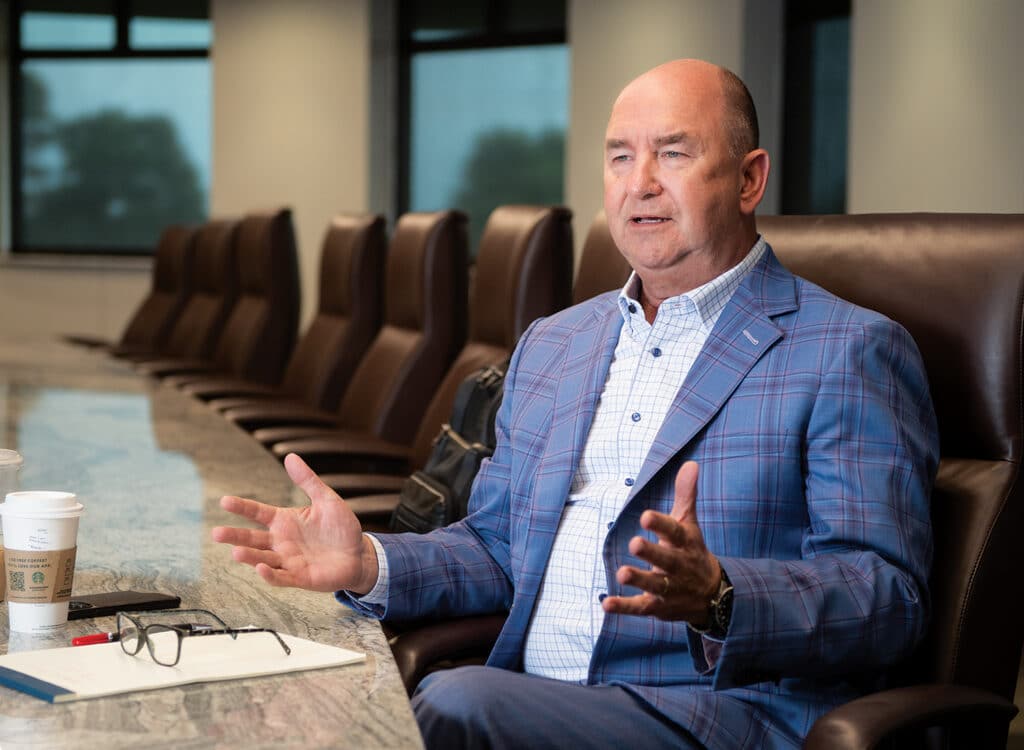Climate deal reaction: fossil fuels on way out

The latest international climate agreement to be called “historic” has driven home the idea that fossil fuels are on the way out.
World leaders meeting in a Paris suburb over the past two weeks agreed to a deal that aims to prevent an increase of 2 degrees Celsius over pre-industrial levels, and hope to keep it below 1.5 degrees if possible. The general scientific consensus is that any increase exceeding that would change the planet forever, disrupting everything from crop production to weather patterns and submerging coastal areas.
Timmons Roberts, who is Ittleson professor of environmental studies and sociology at Brown University and attended the Paris climate summit last week with his students, writes in a piece published on the Brookings Institution’s website that the agreement is better than some in the past but still doesn’t go far enough.
“The Paris agreement, whose final draft was distributed at noon Saturday for delegates from the world’s nations to review, was not all we needed,” Roberts wrote. “But neither was it only the lowest common denominator we feared it might be. As the Guardian’s George Monbiot put it, ‘The talks in Paris are the best there have ever been. And that is a terrible indictment.’ “
CNN’s John Sutter wrote that the agreement will mean an almost universal switch to clean energy sources such as wind.
“The Paris agreement, which came out of two weeks of often-sleepless negotiations at a conference center here in a Paris suburb, is just the type of blaring signal the world needs that the era of fossil fuels is coming to a rapid close,” Sutter wrote. Countries around the world pledged to do the near-impossible — limit warming “well below” 2 degrees, and below 1.5 degrees above pre-industrial levels if feasible. That basically requires the world to move rapidly toward 100 percent clean energy, producing zero net greenhouse gas emissions between about 2050 and 2080.
Closer to home, Des Moines Mayor Frank Cownie returned from Paris to address a community meeting over the weekend, The Des Moines Register reported.
“I think our voices were heard,” Cownie said. “There are things that local government and citizens can do.”
Des Moines has been among Iowa’s more aggressive cities in buying vehicles, light fixtures and other equipment designed to save energy and reduce carbon emissions blamed for global warming and climate disruption.
Read more about COP21, which stands for Conference of the Parties 21, or the United Nations’ Climate Change Conference, which gathered world leaders to address ways to limit greenhouse gas emissions.
Read the White House statement or watch President Obama deliver his remarks.








